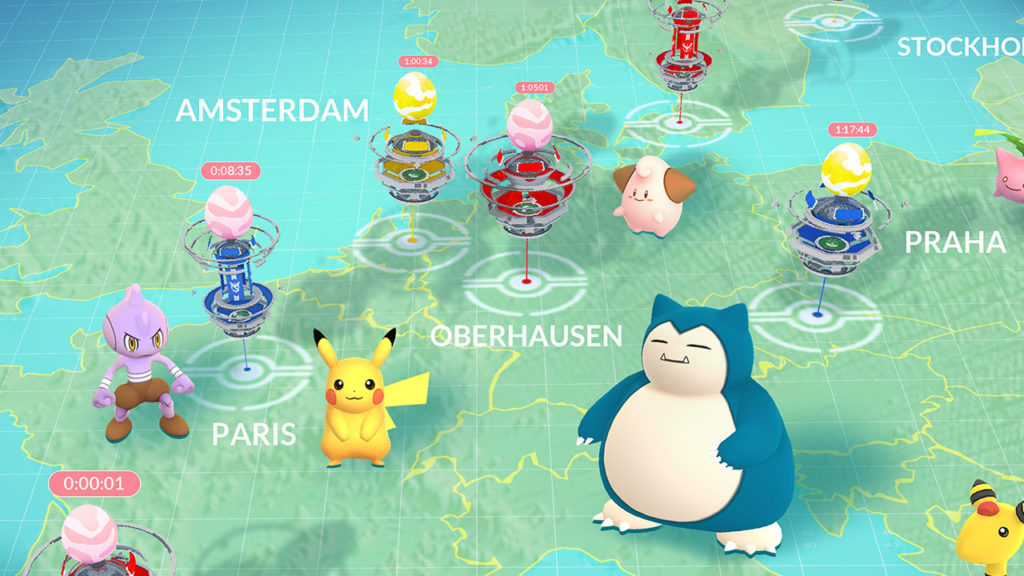Niantic has partnered with the United Nations World Tourism Organization (UNWTO) to promote responsible tourism with augmented reality. The partnership will include “new adventures” inside Niantic’s popular games and a campaign around playing safely.
UNWTO will work together with Niantic to create a “variety” of ways to combine tourism and AR technology using Niantic’s mobile games. According to Niantic, each activation will be built to “inspire and support exploration, build awareness around UNWTO’s Travel.Enjoy.Respect campaign, and promote good practices to play games safely and responsibly.”
Niantic launched augmented reality adventure game Ingress in 2012, but it wasn’t until Pokémon GO in 2016 when the developer achieved worldwide fame. The overnight sensation paved the way for augmented reality adoption, development and advancements across the mobile ecosystem. The AR gaming market is estimated to reach $284.93 billion by 2023, growing at a CAGR of 152.7 percent between 2017-2023, according to Reuters.
Now, Niantic wants to positively impact the tourism and environmental ecosystem through its partnership with UNTWO. For the past several months, the brand has worked with UNWTO to encourage global tourism and worldwide civic engagement in a fun, friendly, and novel way for travelers.
Although the partnership announcement doesn’t indicate which games will receive new content, Pokémon GO is a safe bet, as is the upcoming AR Harry Potter title.
UNTWO launched its Travel.Enjoy.Respect program in August. Sustainable tourism is the practice of enjoying a new place without negatively impacting the local culture or damaging the environment. This term is often interchanged with “responsible tourism.”
As the world becomes more connected, tourist spots are feeling the pressure to attract new guests without sacrificing the environment around them. Urging tourists to be respectful doesn’t have to be a negative experience, however. In fact, games like Pokémon GO already encourage players to explore new places, so the battle is partly won, so to speak.
Other organizations are getting creative with how they promote responsible tourism. Last year, the Palau Legacy Project earned two Grand Prix Lions for its sustainable tourism campaign, “Palau Pledge.” The campaign required visitors to sign a promise that they will respect the island, which quickly spread to other mediums and gained worldwide acclaim.

